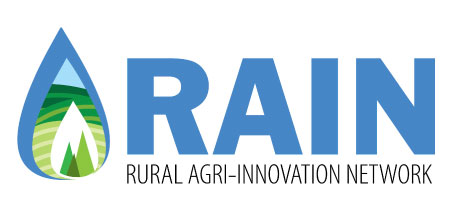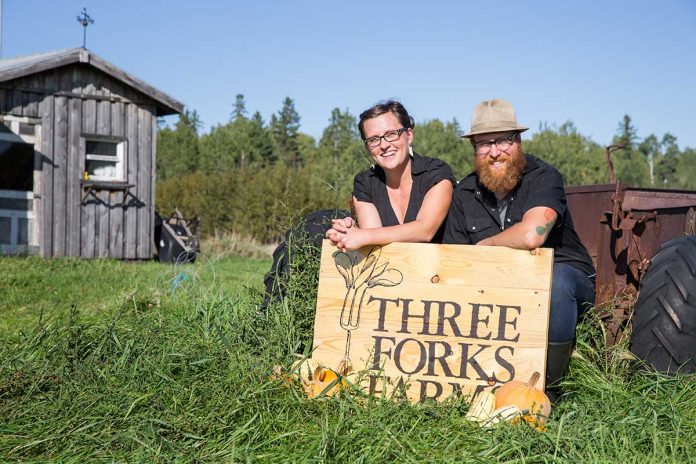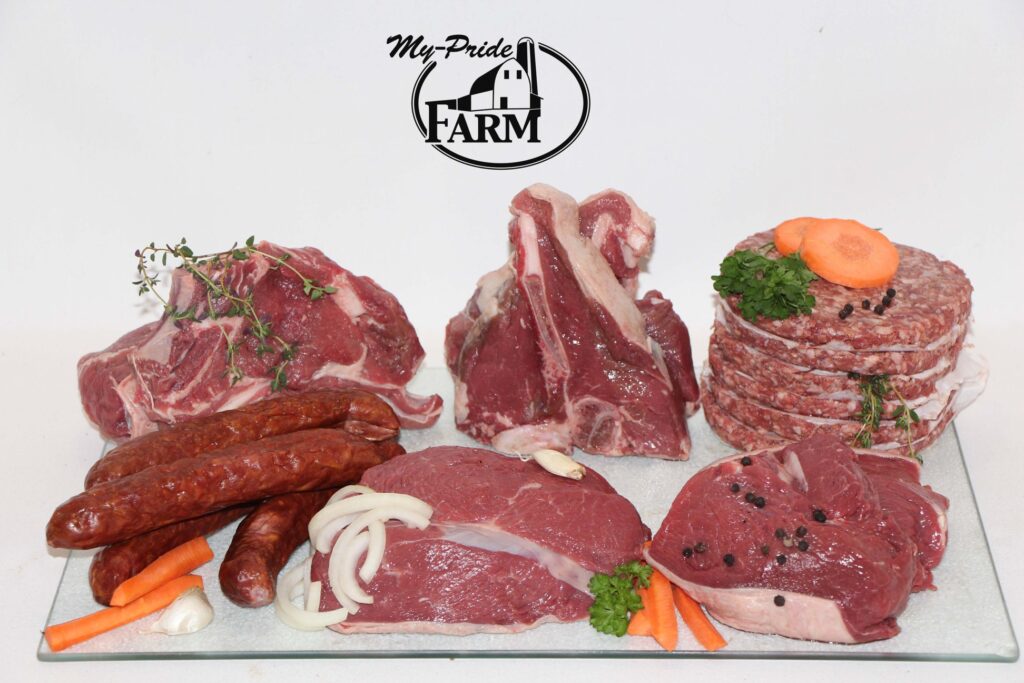On Thursday, April 6, we partnered with the Thunder Bay and Area Food Strategy to host a webinar discussing strategies for building wholesale relationships with retailers and institutions from the perspective of Northern Ontario farmers. Our three presenters, each operating different farm businesses, shared insights about their experiences in wholesale markets. They all began through direct marketing to customers and have since diversified their markets to include retailers or institutions that purchase larger volumes. Here, we outline the key takeaways:
Jeff Burke of Brule Creek Farms (Thunder Bay):
Jeff’s farm specializes in wheat and canola, processed into milled flour and cold-pressed canola oil. In recent years, the farm has expanded into value-added products like baking mixes (for muffins, scones, and pizza). Jeff emphasized the importance of understanding retail markup and knowing how much you’re willing to sell to remain profitable. He recommended having an open dialogue with customers, responding positively to feedback, and being flexible with offerings to meet the needs of institutional buyers. For example, he developed wholewheat versions of dry mixes to be able to cater to nutritional requirements of schools.
Mike Visser from My-Pride Farm (Thunder Bay):
Mike raises ethically produced veal at My-Pride Farm outside of Thunder Bay and finishes around 90 calves per year which is the equivalent of 40,000lbs of meat annually. After realizing how time-consuming direct-to-consumer sales were, he turned to wholesale markets and formed a relationship with a local nursing home (Pioneer Ridge). Mike highlighted the importance of maintaining a continuous supply to ensure customer satisfaction and loyalty. He also urged patience, as small wholesale accounts can grow considerably over time. He now markets around 55% of his product through wholesale.
Peggy Baillie from Three Forks Farms (Manitoulin Island)
Peggy and her husband Eric run a certified organic farm near Ice Lake, focusing on vegetable production, pasture-raised chicken, and seeds. They achieved success in wholesaling vegetables by conducting a detailed cost-of-production analysis and focusing on their most profitable crops to sell at wholesale prices. Peggy’s top tips for entering wholesale include setting a minimum order amount to justify the discount and operating a blended model of wholesale and direct-to-consumer sales. She also shared their success with selling seeds wholesale in a contract production format, which is less perishable than their vegetable crops. Peggy reiterated the importance of communication with customers, knowing their preferred methods of contact (email, phone, or text), and building strong relationships for long-term success.
To learn more about how these producers navigate the wholesale market and the benefits this has had for their farm businesses, watch the full webinar below:
Wholesale Connections – YouTube
This webinar was supported by the Lake Superior Living Labs Network.




